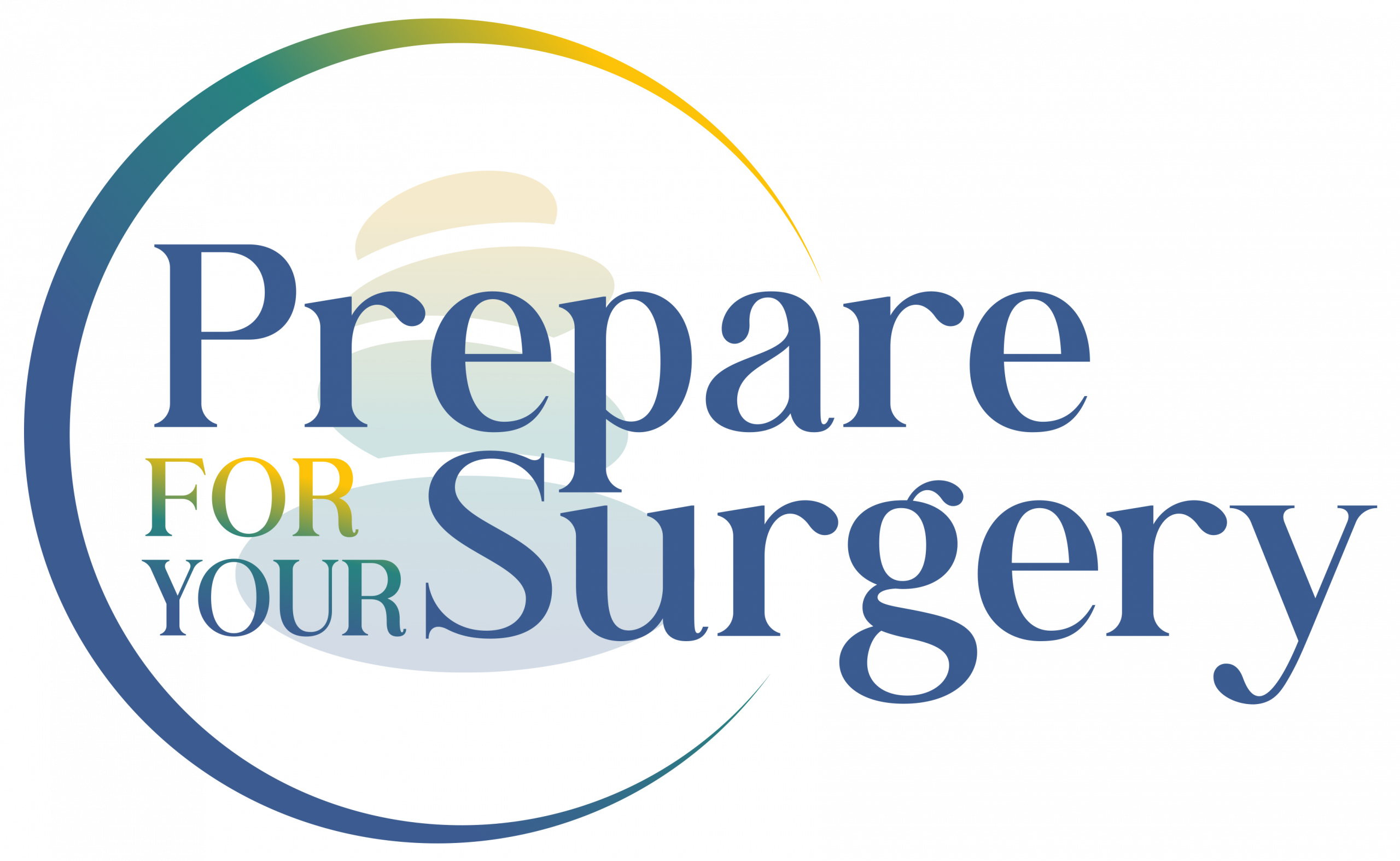I’ve been thinking about listening.
In my efforts to become a health and wellness coach I am working on becoming a better listener, so listening is a topic that’s important to me. As I’ve watched the news and witnessed all the talking, shouting, accusing, blaming, and condemning that’s been happening lately, I think that one thing the world needs now is more listening. Listening is a skill that is seldom taught, and few of us do it well. It’s much more than just hearing another’s words and understanding the meaning – listening is an act that involves mindful presence, compassion, understanding, and acceptance. And yes, simply listening to someone with whom you disagree is a very difficult thing to do, but if we could all do that – what a wonderful world this would be! And there is a lot about listening that has to do with well-being, because there’s so much more to listening than just what appears on the surface.
What, To Whom, and How?
In thinking about this topic, and wondering what I can do to improve my listening skills, I began by asking myself these three questions: What am I listening for? To whom am I listening? How am I listening?
“People generally see what they look for and hear what they listen for.”
– Harper Lee
What am I listening for?
Am I listening only for what I want to hear? I know that sometimes I will literally shut my ears, or shut down my device, when something is being said that bothers me or that I disagree with. I want to learn to listen and accept others without judgement, without giving advice, and without fear of losing myself and my values in the process.
“When you talk you are only repeating what you already know. But if you listen, you may learn something new.”
– the Dalai Lama
To Whom am I listening?
Am I listening to the same voices over and over again, and only those voices with whom I agree? This is a real problem when it comes to social media because of algorithms these companies have created that reinforce our likes and dislikes and repeat them back to us over and over again. I know that this isn’t healthy, because I know that diversity is a core principle of life – physically, mentally, socially, and spiritually. So I’m trying to be open to listening to all views and all opinions, even those with whom I disagree.
“You cannot truly listen to anyone and do anything else at the same time.”
– M. Scott Peck
How am I listening?
Am I willing to set aside distractions in order to be fully present and listen? Am I setting aside time to listen to myself and my Higher Power? Do I listen to my body and with my body – giving it what it needs when it needs it – eating only when I’m hungry, moving when I need to move, resting when I need rest? This aspect of listening requires diligence and commitment. I’m taking small steps such as not carrying my phone when I walk my dog, sitting down at the table to eat my meals, and going to bed early when I feel tired.
Two resources
I found two articles on the topic of listening that I’d like to share with you.
First, from the Greater Good Science Center, an article on deep listening. This describes a program called Bridging the Gap that was carried out on several college campuses in order to bring together people with disparate backgrounds and viewpoints to learn how to listen to and learn from each other. A couple of important points that the author Simon Greer points out: 80% of all communication is non-verbal, and storytelling is a great way to express beliefs in a way that humanizes ourselves and others.
The second is an article from the Harvard Business Review, entitled What Great Listeners Actually Do. This article describes a research project that led to a few surprising conclusions about what makes the difference between an “average” listener and a “great” one. My takeaway from this article was the analogy of a great listener being like a trampoline. Authors Zenger and Folkman state that rather than being like a sponge – accurately absorbing what is being said, a great listener is someone who is actively engaged – amplifying, energizing, and clarifying the ideas and information being shared.
I believe that improving listening skills is a CHMH-type of activity: Can’t hurt, might help. If you have any thoughts, ideas, or suggestions of your own about listening please share them here with me. I am looking forward to listening!


Many years ago, a friend told me, “Sometimes I hate talking to you. I can see your wheels spinning and know you’re just waiting for me to finish so you can chime in with your thoughts.” I have worked on NOT formulating responses when I should be listening.
Thanks Kay,
I know what you mean. I have been working on this too. And I think with practice it gets easier to do. Thanks for sharing!
This was excellent, listening with the “seeing clearly” heart is really appreciated by others. One of our Marin Interfaith discussion groups is called Compassion in Action. About 12 current member. We break into dyads, two questions are asked, one responds, the other listens and, after two minutes, repeats what the listener thought they heard. Great practice in non-judgmental listening and a great gift to others. Thanks for doing this, Becky.
Mark in California
Thanks for sharing this Mark! I have participated in dyads and they are a great way to practice the art of listening.